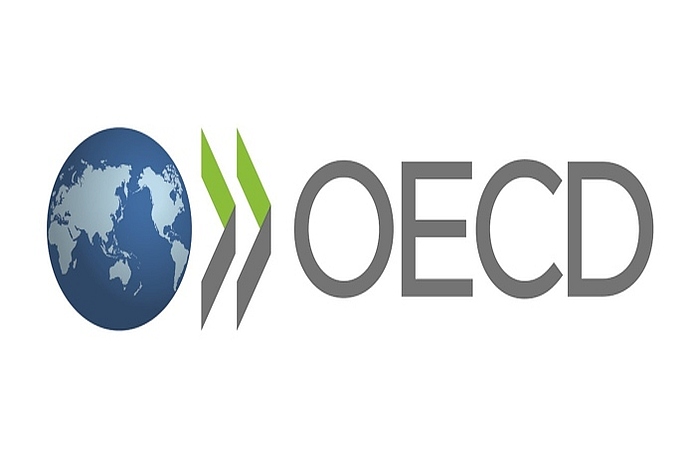Tax and fiscal policy in response to the coronavirus crisis: Strengthening confidence and resilience.
Executive summary – Exploring options for tax policy in the aftermath of the crisis
Tax revenues are likely to be significantly reduced for a number of years, due to the direct effects of the crisis as well as due to policy action during the crisis. The best way to boost tax revenue will be to support solid growth, including through sufficiently strong and sustained stimulus.
Tax policy can contribute to covering the costs of the crisis and policy responses to it. Efforts to restore public finances should not come too early, but when they come tax will have a key role to play. Revenue levels and tax structure may need to be adapted after the pandemic. This can occur in tandem with other policies to smooth the costs of the crisis over time.
The unprecedented nature of the crisis is prompting a reflection on whether some new tax measures could be contemplated and more traditional ones reconsidered. This could include reflections on how to support progressivity of the overall tax system. In consultation with member countries of the OECD/G20 Inclusive Framework on BEPS and other organisations, the OECD stands ready to explore and assess new ideas as well as revisit existing ones, e.g. solidarity levies, carbon taxes, etc.
In a post-crisis environment, it is likely that addressing the tax challenges of the digitalisation of the economy and ensuring that MNEs pay a minimum level of tax (Pillar 2) will become more prominent. The work of the Inclusive Framework to address the tax challenges of the digitalisation of the economy is ongoing and progressing, keeping track of the changing global economic circumstances.
The increased use of digital services and the need to collect more revenues could provide new impetus to efforts to reach agreement on Pillar 1 issues internationally. Governments could focus on incentivising investment while strengthening the taxation of economic rents and boosting resilience. Tax cooperation will be more important to avoid that tax disputes trigger trade wars which would harm recovery. Increasing tax certainty, by improving dispute resolution and prevention mechanisms, is part of this effort.
International support could help developing countries respond strongly.
The COVID-19 crisis illustrates our collective vulnerability, and highlights the collective benefits for strengthening all countries’ resilience to pandemics. As such, all countries have a direct interest in eradicating the virus and rebuilding economic life throughout the world. This will require a new scale of support for developing countries, where the human cost of the economic crisis will be felt deeper due to weaker healthcare systems, more limited capacity – including limited fiscal space – to cushion impacts, and larger exposure to reduced trade, tourism and lower oil prices. This will require significant new external financing, as well as more systematic support to restructure and cancel debts, and rebuild economies and tax systems that can provide universal healthcare will be needed.
International support can help countries improve their domestic resource mobilisation and provide the sustainable financing necessary for long-term resilience. Across a range of areas, including expanding the tax base through property, carbon and progressive income taxes, as well as through the digitalisation of the tax administration there is significant potential for developing countries to increase their revenues. In all of these areas international cooperation can make a significant contribution, through a combination of financing and the provision of expertise and information.
Low income and low capacity countries may further benefit from new efforts at the international level to address the challenges they face in taxing cross-border activity and offshore assets. Whilst significant progress has been made in recent years in increasing international tax cooperation, many developing countries, especially low income, and low capacity countries feel they have yet to benefit substantially and perceive the need for further reforms. The Inclusive Framework should take stock of progress and identify new measures that could be taken to specifically address the challenges low income and low capacity countries are facing in international tax.
The full report is available here.





